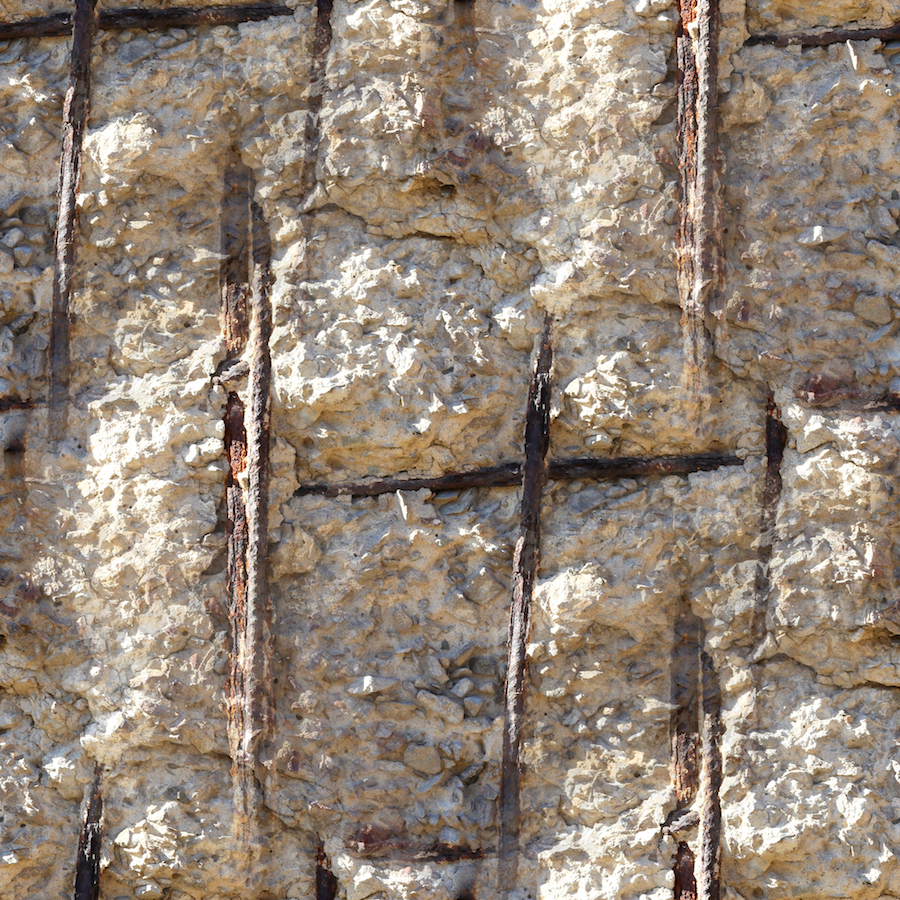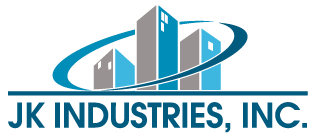Can concrete rot?

While concrete rot does occur, the specifics as to what is actually happening vary. Concrete rot in many cases is diagnosed as the steel reinforcement, or rebar, corroding and expanding inside the concrete itself. A professional inspection is the best way to figure out what is happening and how to fix it, but here are a few things that can cause concrete rot.
Water infiltration
Concrete is a porous material. Over time, air and water can seep into the holes throughout a structure and cause the steel within to oxidize. When rebar rusts, it can expand up to four times its normal size, which causes the concrete to crack and break apart. This type of rot can also be identified by red rust streaks running down a wall where water has seeped out.
Water can also dissolve ingredients found within concrete mixtures. When water runs in and out of a block of concrete, it brings those dissolved materials to the surface where they can collect in a process called leaching. Calcium stalactites can form on ceilings when water drips down out of concrete.
Chlorides and sulfates
Salt water is even more corrosive than fresh water. That’s why it’s important to clean your concrete after the winter months when salt is used on streets and tracked onto every concrete surface. Different kinds of salts have been used in concrete construction as well, and they tend to weaken structures.
Sulfur causes concrete corrosion as well. This element is found both in nature and in industrial areas. It can be carried by air or water and affects both the concrete and the steel reinforcement.
To prevent concrete rot or other damage to your concrete, clean concrete surfaces regularly and watch out for pooling water, cracks, flaking, and odd colors on your concrete. Small cracks can be filled and minor oxidation managed if caught early enough, and preventative measures are much easier and cheaper to put into place than completely replacing damaged concrete.
For all your concrete needs, please contact us at jkirestoration.com/contact or call 405-285-9800.
